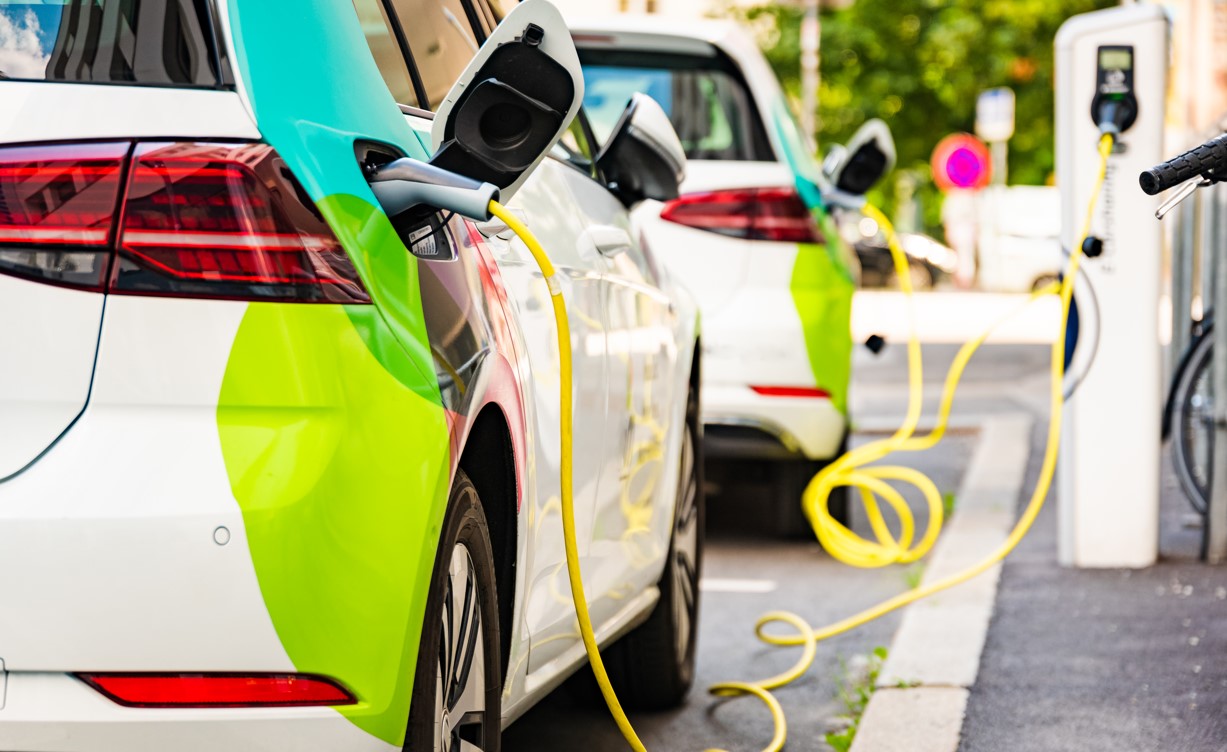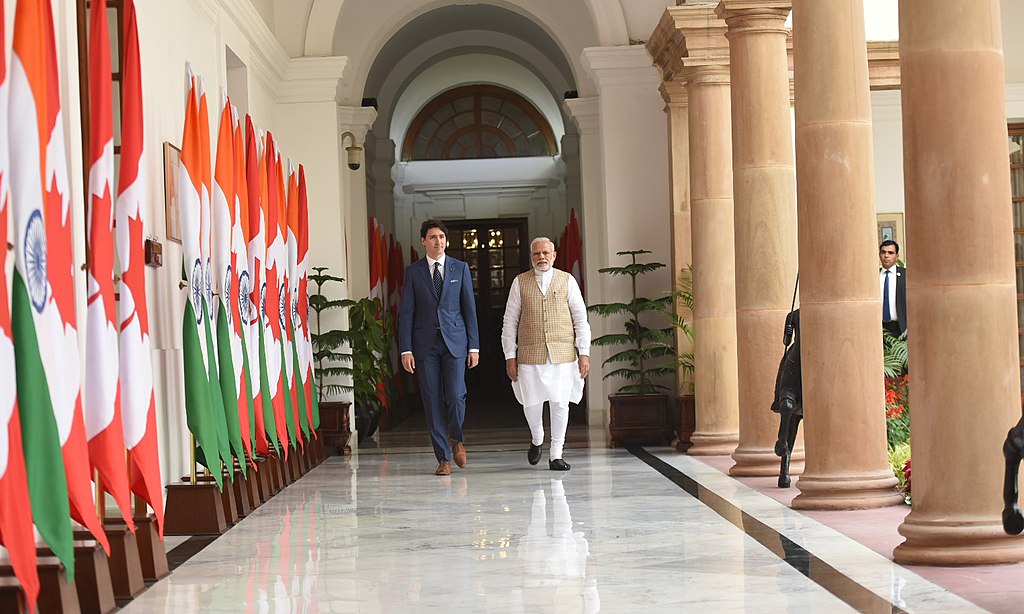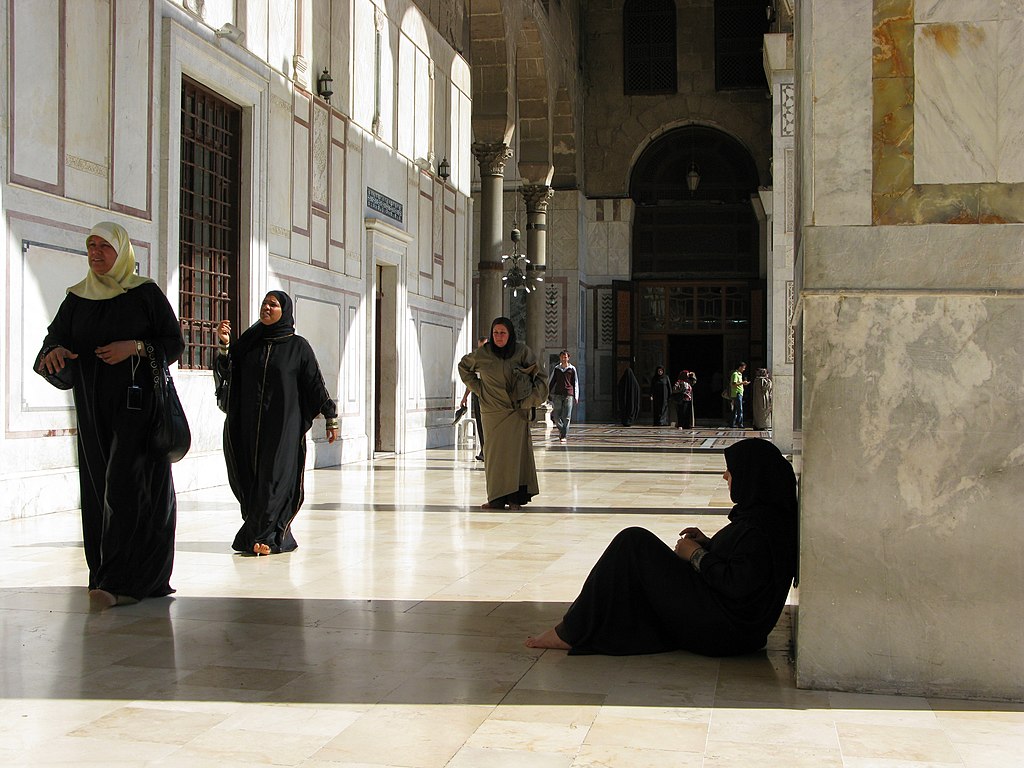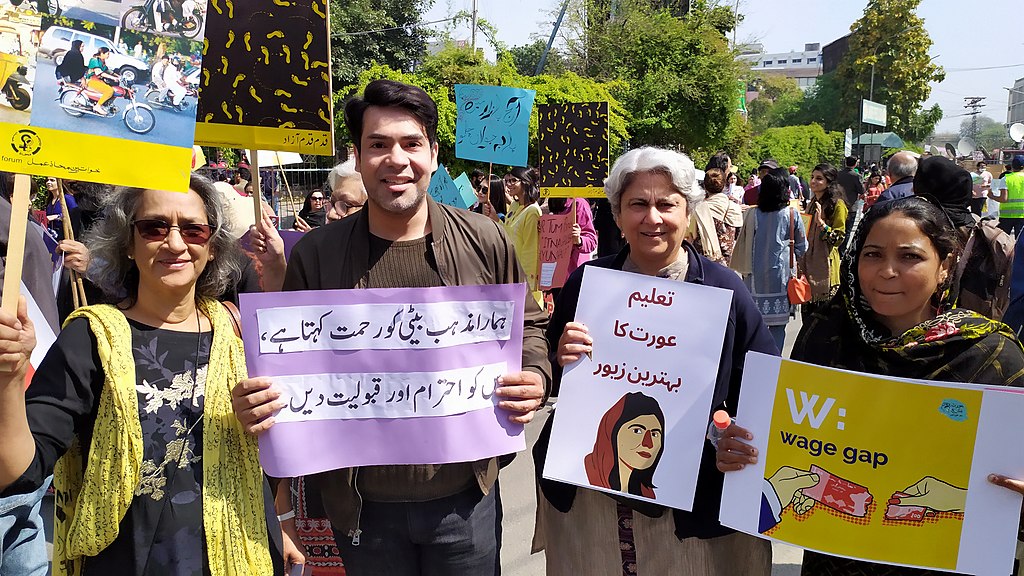This is a summary of the original article that may be found here
By 2027, Indonesia could be one of the top three countries in the world producing EV batteries as well as electric cars, according to Luhut Binsar Pandjaitan, Indonesia’s Coordinating Minister for Maritime Affairs and Investment.
Luhut’s optimistic declaration followed the recent signing announcement of a $2.6 billion partnership by Germany’s BASF and French mining conglomerate Eramet to invest in a nickel-processing facility for use in electric vehicle (EV) batteries. It also came on the heels of reports that both Chinese automaker BYD Group and US EV maker Tesla are finalizing agreements to invest in domestic EV production facilities in Indonesia.
As Indonesia looks to transform itself into a global EV hub, it must strike a delicate balance between promoting domestic development and attracting foreign investment, while improving the affordability of EVs and aligning its green industrial policies with global trading rules.
If Indonesia falls short of its EV dreams, it will not be for want of natural resources or determination. The country boasts an abundance of raw materials that comprise the lithium-ion batteries used in electric vehicles. These include nearly one-quarter of the world’s known reserves of nickel, as well as plentiful quantities of copper, bauxite and tin. Indonesia lacks only lithium, and the government is currently in talks to source the mineral from mines in Australia.
In addition, Jakarta has passed a raft of regulations to signal its ambitions and readiness to “usher in the age of EV.” By 2025, Indonesia is aiming to have 2.5 million EVs on the road and is hoping for EVs to make up 20 percent of all car sales. It also plans to build charging stations in 2,400 locations, up from the 267 EV charging stations in 195 locations as of March 2022. All state-owned companies must use only electric vehicles by 2025 as well. By 2030, the Ministry of Energy and Mineral Resources wants 2 million electric cars and 13 million electric motorcycles on the streets, and for EVs to comprise 25 percent of all vehicle sales.
One challenge for Jakarta is balancing its desire to promote Indonesian state-owned companies while also attracting the foreign investment needed to make its EV dreams a reality. Indonesia’s EV policy obligates a minimum usage of local components that reaches up to 80 percent for four-wheeled electric vehicles by 2030, a requirement that could deter foreign investment in the country’s EV sector. Meanwhile, despite the government’s recent “business-friendly” regulations, the World Bank’s Ease of Doing Business Index ranks Indonesia 73rd out of 190 countries.
For instance, Tesla seems hesitant to invest in production facilities in Indonesia, in part due to governmental requirements that foreign firms partner with state-owned enterprises. After a report stated that Tesla was nearing a deal to build a factory in Indonesia, chief executive Elon Musk’s tweet hinted at more caution than optimism as Jakarta’s negotiations with Tesla remain ongoing and uncertain.
That said, the Indonesian government has already successfully enticed many foreign carmakers and investors to the country. Hyundai has opened an EV plant outside Jakarta that will start using locally-produced batteries in 2024, while Chinese battery producer Contemporary Amperex Technology (CATL) has partnered with Indonesian state-owned groups to construct a $6 billion mining-to-batteries complex. Mitsubishi likewise plans to invest $667 million between 2022 and 2025 and expand its local production facilities in Indonesia. Tesla has inked $5 billion worth of deals to purchase nickel from local companies, a deal that was followed by Toyota’s announcement that it would open hybrid vehicle plants in Indonesia and initiate local production soon.
Increasing the affordability of EVs and boosting consumer adoption presents another, perhaps thornier, challenge. So far, the government has unveiled some fiscal enticements: It has exempted many electric vehicles, battery EVs, and plug-in hybrid EVs from sales and luxury sales taxes. It is also considering earmarking $320 million from this year’s budget to incentivize EV purchases, enabling buyers to receive discounts of up to $5,310 for a locally-produced electric car. For a new electric motorbike, the subsidy will be $467, with further details to be announced soon. The government is also preparing to offer subsidies for electric bus passengers in major cities like Surabaya and Bandung, as well as lower parking rates for EVs in Jakarta.
But such inducements might not be enough. Of the 152 million vehicles currently in Indonesia, just over 15,000 – less than 1 percent – are electric, and industry projections for domestic EV sales hover around just 25,000 by 2030.
Electric cars remain unaffordable for much of the population. The lowest-priced electric cars are twice as expensive as most internal combustion engine vehicles. The cheapest model of Indonesia’s first domestic-made battery electric vehicle, the IONIQ 5, costs $49,657, while fossil fuel-powered alternatives like the Toyota Calya start at just $9,892, and the more luxurious Toyota Avanza costs $19,352.
The limited enthusiasm of Indonesians for electric motorcycles relates more to anxieties about their performance and the insufficient number of charging stations. While the prices of such motorcycles are relatively close to their standard combustion counterparts, consumers are unsure about their endurance. Electric motorbikes can cover a distance of between 80-100 kilometers on each charge, but motorists worry about running out of electricity in a location without nearby charging stations. And although the state-owned electricity corporation PLN has installed 57 charging stations, these are primarily limited to population centers in Java and Bali.
A third hurdle for Jakarta to overcome relates to global trading rules. The World Trade Organization (WTO) has ruled against Indonesia’s ban on nickel ore exports, rejecting Jakarta’s argument that such restrictions were crucial to domestic economic development and building green supply chains. For now, the government is undeterred and has appealed the decision, even as it forges ahead with a plan to ban the export of bauxite ore, with upcoming potential restrictions on exporting tin and copper.
Still, the ruling could threaten Indonesia’s overall EV strategy, particularly if it encounters retaliation from its trading partners. A more viable long-term solution that aligns with both Jakarta’s development goals and WTO rules would be to impose a tax on exports of nickel pig iron and ferronickel to encourage domestic nickel processing. The Ministry of Energy and Mineral Resources is actively reviewing this policy alternative.
Whether Indonesia can overcome all these obstacles remains to be seen. The Southeast Asian nation has already experienced some successes: Domestic electric car sales have more than quadrupled, and a survey revealed that over half of Indonesians are considering purchasing an electric vehicle, with one-third planning to buy one within the next five years. Moreover, EV prices could decrease for consumers as Indonesia augments its domestic EV and battery production.
While Indonesia’s road to achieving its electric vehicle revolution remains long and strewn with obstacles, it might be too early to write off the government’s ambitions just yet.
The views expressed herein may not necessarily reflect the views of JI FAD and/or any of its affiliates






